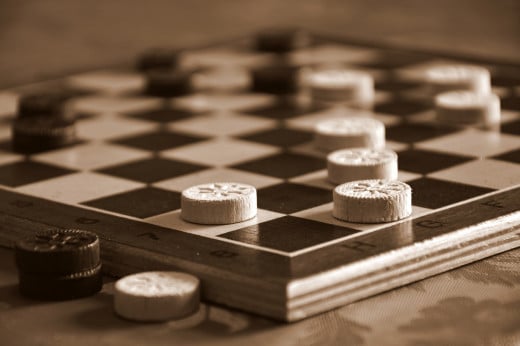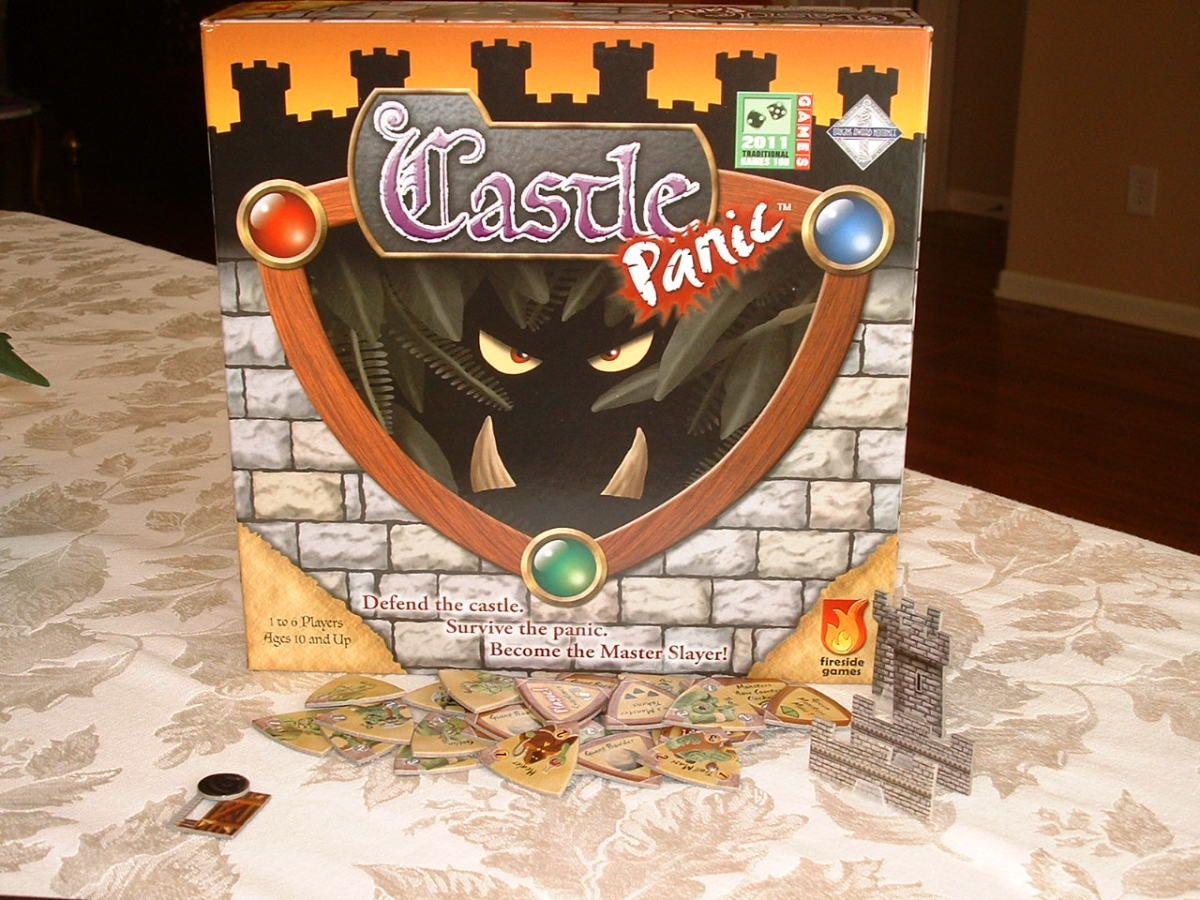Board Games Revisited from the Past

Are you looking for something to do with family or friends on a rainy day rather than gawking at screens all day? More and more individuals are finding that perfect solution that sparks face to face interaction.
Although they may seem antiquated to the untrained eye, board games have never lost their luster. Nothing can produce enhanced quality time with others than a board game.
The three main themes to formulate a successful board game are knowledge, strategy or pure luck. Any combination of these three elements can produce a truly stimulating experience.
Board games have been around for eons: the earliest known example dates back to Ancient Egypt. They remained a popular entertainment source throughout the world, in areas as varied as Ancient Asia, Greece and Rome. Soon after, games traveled to Western Europe. Although it took some time for board games to cross the Atlantic, they eventually made their way to the United States in the mid 1800s; where many of the top board game manufacturers began in earnest.
Visit a Rich Uncle
"Rich Uncle Pennybags" is the official mascot of Monopoly, widely considered to be one of the most popular games, board or otherwise, of all time. Developed and patented by Elizabeth Magie in 1904, the game became a legal battle for over forty years. Magie's original title of "The Landlord's Game" was later changed to "Monopoly." No one is truly sure of whom the rightful owner was until the 1980s when the matter was finally settled in court in favor of Charles Darrow.
The game is in production in more than 80 countries and produced in at least 26 different languages; it is without a doubt, the biggest moneymaker for Parker Brothers and Hasbro.
Life Changes
Milton Bradley invented his first version of this game known as, "The Checkered Game of Life" in 1860. The game began by accident; Milton had previously gone bankrupt following a failed attempt at a lithograph business. Surrounding by the thousand of unsold lithographs of Abraham Lincoln, he repurposed his printing press to make the game. The immediate popularity of the Game Of Life made Milton Bradley a household name; selling an incredible 45,000 copies within the year. The original game was much darker than what we're used to; suicide was a potential ending.
Nearing the 100th anniversary of the Milton Bradley Company, the "Checkered Game of Life" board game was located in the archives and redeveloped as "The Game of Life." In 1992, the game updated itself to the times by adding recycling, learning CPR and saying "no" to drugs amongst other changes. "The Game of Life" maintains itself as a worldwide seller, available in 20 different languages.
Risky Business
"Conquest of the World" was proposed by the director of the beloved classic, "The Red Balloon." French Filmmaker, Albert Lamorisse, conceived this idea for a board game in 1957 in his native country. Parker Brothers adapted his game into "Risk" in 1959. Albert Lamorisse would never imagine that the game would grow in popularity with individuals worldwide would still be playing it today.
Criss-Cross and Spell
In 1931, an out-of-work architect named Alfred Mosher Butts developed a game called "Lexico," which combined anagrams with crossword puzzles. A lack of interest from established game manufacturers made Butts retro-fit his game with a game board letter tiles with points. He called this modified version "Criss-Cross Words" and manufactured each game entirely by hand, selling it for $2. Ten years later, he sold his rights, and another classic game played today was born. You might better know it as "Scrabble."
Whodunnit
Anthony E. Pratt invented the classic "whodunnit" game, "Clue," in Britain in 1944. Originally titled "Cluedo", the patent was devised and manufactured by Waddington's Games in Leeds, England before Parker Brothers introduced it to America in 1949. Clue holds the distinction of being the first board game to be created into a movie. The famous 1985 cinema comedy of the same name depicts all the central characters from the board game in the flesh. The participation of the audience in selecting the murderer encouraged many to see the film several times for alternate endings. Miss Scarlet, Professor Plum and others are never outdated, but they are still suspects.
Although many of these games were created decades or even centuries ago, their appeal is still timeless to many. Their intrigue and entertainment value is likely to live on for years to come.

This content is accurate and true to the best of the author’s knowledge and is not meant to substitute for formal and individualized advice from a qualified professional.
© 2020 Matthew Shine






